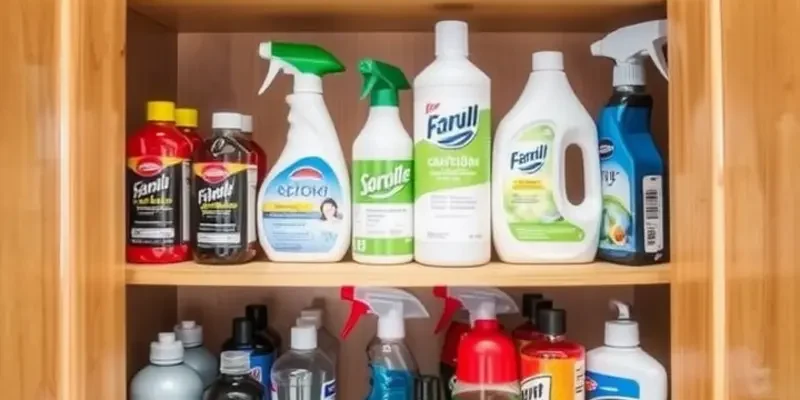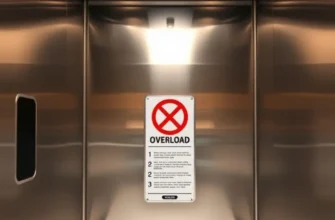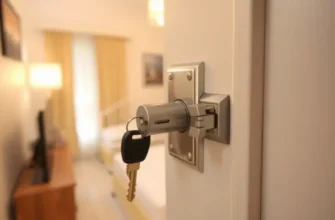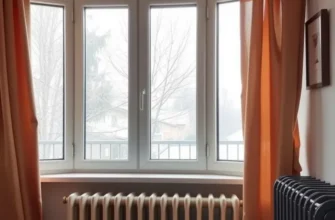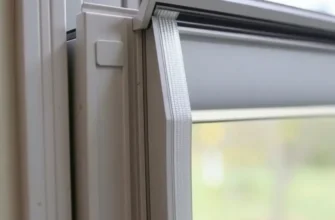As a renter, you enjoy the comfort and convenience of apartment living, but with that comes the important responsibility of safely managing household chemicals. From cleaning supplies to expired medications, proper disposal is crucial not only for your personal safety but also for the well-being of the environment and community. In the hustle of daily life, disposing of these substances can feel daunting, especially when you’re living in a shared space. Understanding how to safely and securely handle these materials will help you maintain a responsible lifestyle while avoiding potential risks. This article will guide you through easy and practical solutions for disposing of chemicals in your apartment, ensuring a hassle-free experience that prioritizes safety and security. Let’s get you equipped with the knowledge to dispose of those chemicals responsibly and live worry-free in your apartment!
Understanding Common Apartment Chemicals
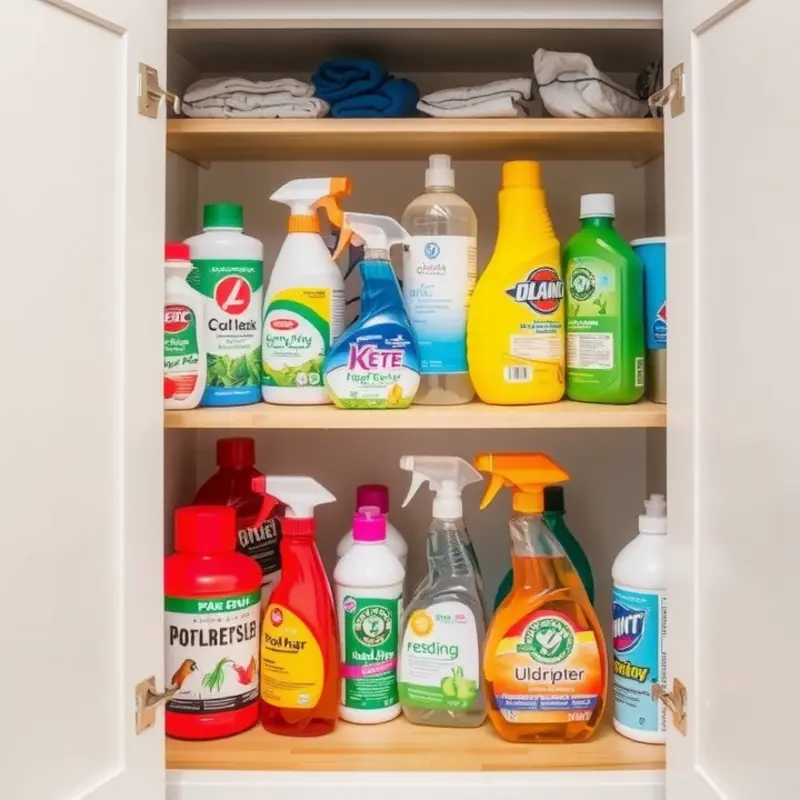
Living in an apartment means sharing a close-knit environment with others. This brings about unique challenges in managing household chemicals safely. Familiarizing yourself with these chemicals and understanding their potential risks is vital for maintaining a safe home.
Household Cleaners
Most households stock an array of cleaning agents. Multi-surface cleaners, bathroom solutions, and kitchen degreasers are commonplace. These products typically contain bleach, ammonia, or strong acids. While effective, they can pose risks if inhaled, ingested, or left on skin for prolonged periods. Ensure proper ventilation when using such products, and store them in secure, child-proof locations.
Pesticides and Herbicides
Even in apartments without gardens, tenants often use pesticides or insect repellents to handle occasional bug infestations. Many pesticides contain harmful chemicals that can lead to respiratory issues if used indoors without proper ventilation. Always follow the label instructions precisely. Limit usage to the necessary areas and store out of reach of children.
Paints and Solvents
Home improvement projects can introduce a variety of chemicals, such as paints and solvents, like turpentine or acetone. Paint fumes are hazardous, causing headaches or dizziness. Use paint in well-ventilated spaces, preferably with windows open. Leftover paint or solvents should be tightly sealed and stored in a cool, dark place.
Personal Care Products
Personal care items like nail polish removers, perfumes, and some cosmetics contain flammable or volatile substances. Keep away from sources of ignition and store in cool, dry places. It’s advisable to dispose of expired products responsibly, contributing to a safer environment.
Batteries and Electronics
Small appliances and gadgets often feature batteries and electronic circuitry. These contain chemicals like lead and cadmium, harmful when leaked. Dispose of old batteries and broken electronics using designated disposal services. You can learn the best ways to handle electronic waste and fragile items from our guide on packing fragile electronics.
Each chemical comes with its set of precautions and safe handling instructions. Keep Material Safety Data Sheets (MSDS) handy for quick reference, often available from manufacturers’ websites. Understanding these basics ensures you’re better prepared to handle emergencies and maintain a secure living space.
Safe Disposal Methods for Renters
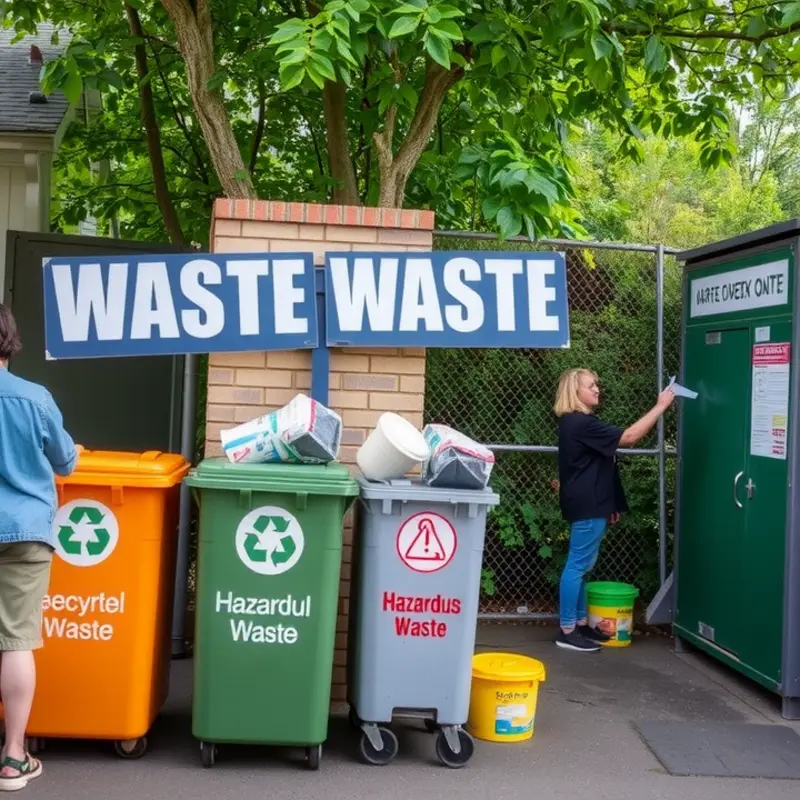
Handling chemicals responsibly is essential for both safety and environmental protection. As a renter, you might think your options are limited, but many practical solutions facilitate safe disposal of hazardous materials. Understanding local regulations and leveraging community resources can empower you to dispose of chemicals without hassle.
Understanding Local Regulations
Local government rules often dictate how certain materials must be disposed of. Many cities have designated hazardous waste collection days. Participating in these events ensures your waste is handled correctly. Check your city’s website or contact local waste management facilities to learn about scheduled collections. If you’re new to the area, tapping into local guides can be helpful. For instance, if you’re apartment hunting in new areas, resources like apartment-friendly smart home may provide insights into local community resources.
Hazardous Waste Disposal
Products labeled as corrosive, flammable, or toxic require special attention. They might include paint thinners, pesticides, or certain cleaners. When disposing of these, never pour them down the drain or throw them in the trash; this could harm the water supply and pose a risk to waste management workers. Instead, store them in clearly labeled, non-leaking containers until you can take them to a designated disposal site. If temporary storage is needed, keep them away from children and pets, ideally in a well-ventilated area like a balcony.
Cleaning Product Management
Many household cleaning products contain chemicals that can be harmful if disposed of improperly. When possible, consider using up the entire product. If you have excess, dilute it with water and dispose of it according to local guidelines. Some communities have recycling programs that offer alternatives for safe disposal. Switching to cleaners labeled as biodegradable or non-toxic can also reduce your disposal headaches in the future.
Pharmaceutical Disposal
Unused or expired medications should not go in the trash. To safely dispose of pharmaceuticals, look for authorized pharmacies or clinics offering take-back programs. These services ensure medicines are disposed of in a way that prevents contamination of water supplies. If such programs aren’t accessible, the FDA recommends mixing medications with an unpalatable substance, like used coffee grounds, sealing them in a container, and disposing in your regular trash.
Preventive Measures and Alternatives
Minimizing the use of hazardous chemicals where possible is a proactive approach. Opting for environmentally friendly or less potent alternatives can diminish the amount of material needing specialized disposal. Vinegar, baking soda, and lemon juice can effectively substitute many chemically-based cleaners, reducing potential waste hazards.
Disposing of chemicals as a renter doesn’t have to be overwhelming. By familiarizing yourself with local regulations and exploring community resources, you can secure a healthier living environment and contribute positively to environmental conservation. Remember, it’s not only about immediate convenience but also investing in long-term solutions for a safer, more sustainable lifestyle.
Final words
Disposing of chemicals safely in your apartment doesn’t have to be a hassle. By recognizing the common chemicals you may have and understanding how to dispose of them responsibly, you contribute positively to your community and the environment. Remember to consult local disposal regulations and take advantage of community resources where available. Prioritize your safety and the safety of those around you by practicing responsible chemical disposal. Doing so not only ensures a clean living space but also reflects your commitment to environmental stewardship. You can help create a safer, healthier environment for everyone by taking these steps.

